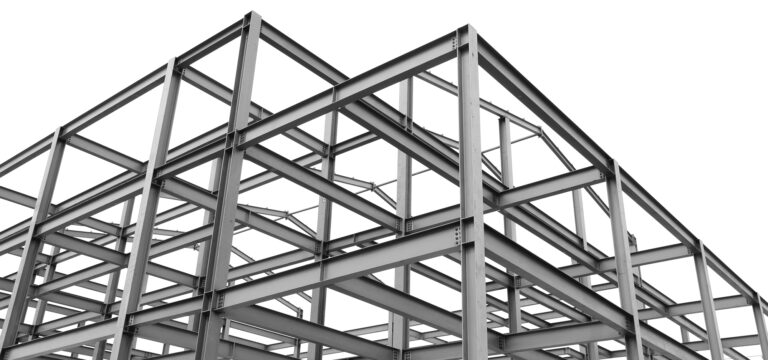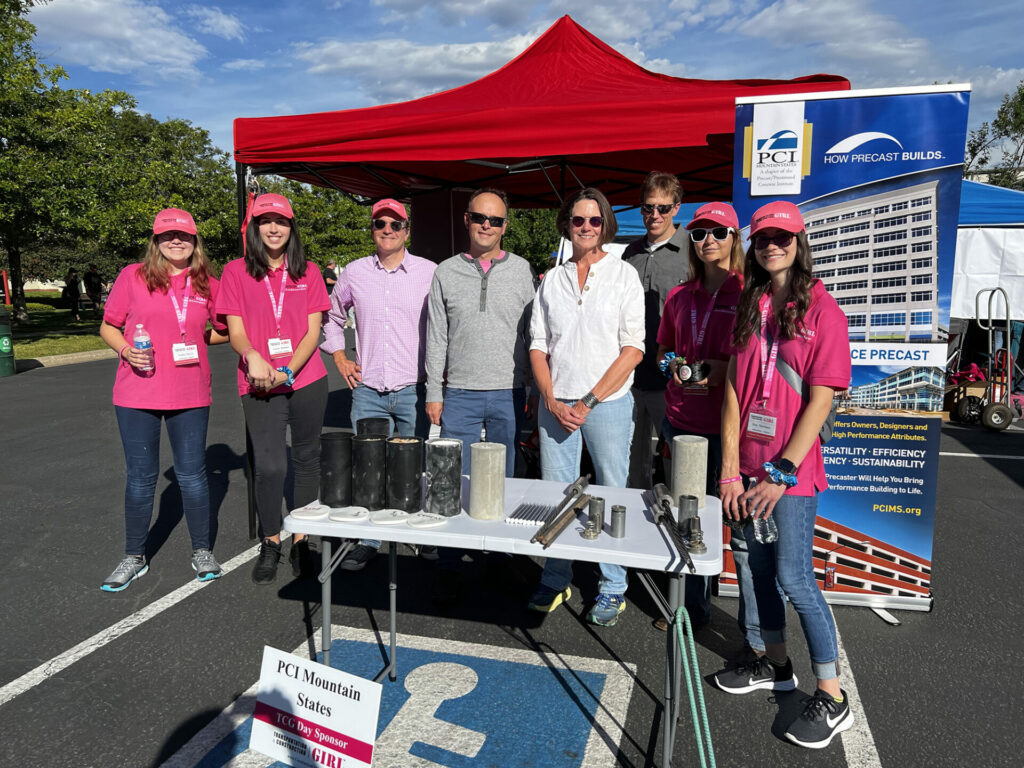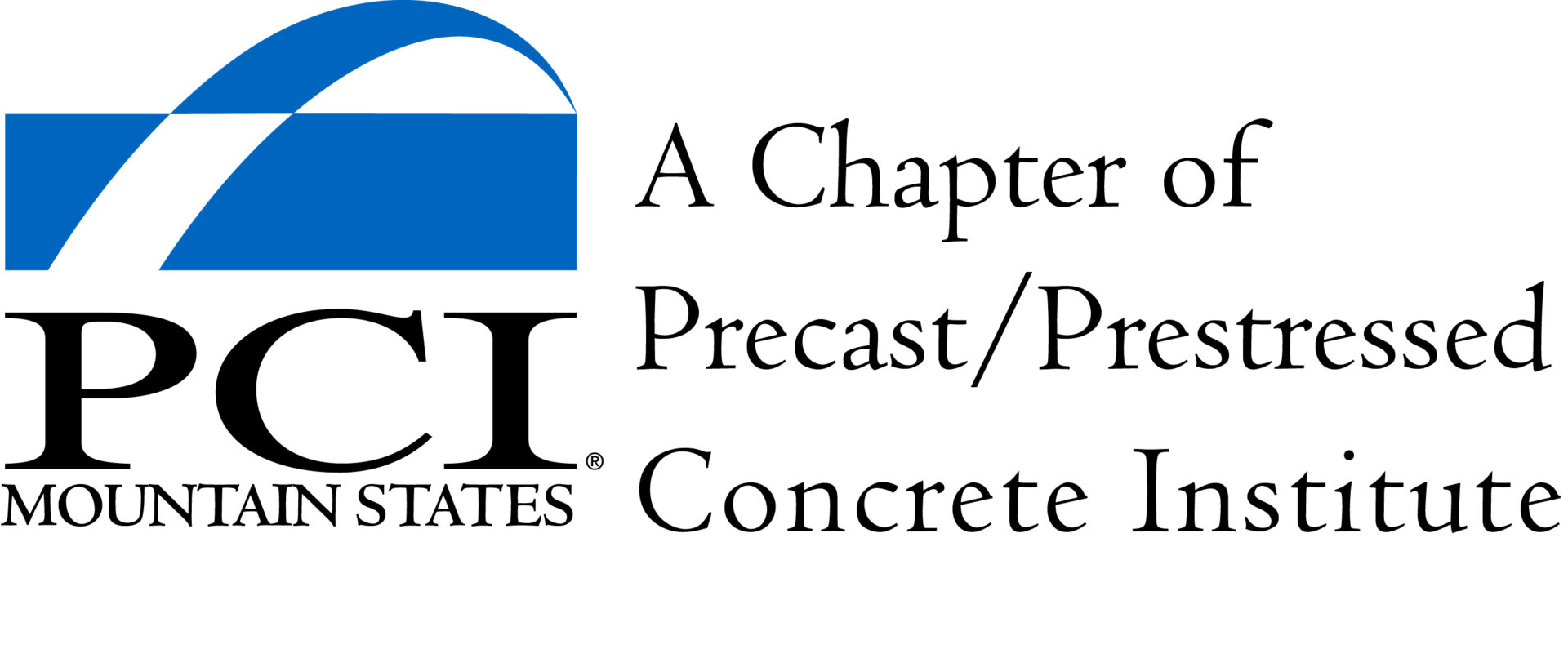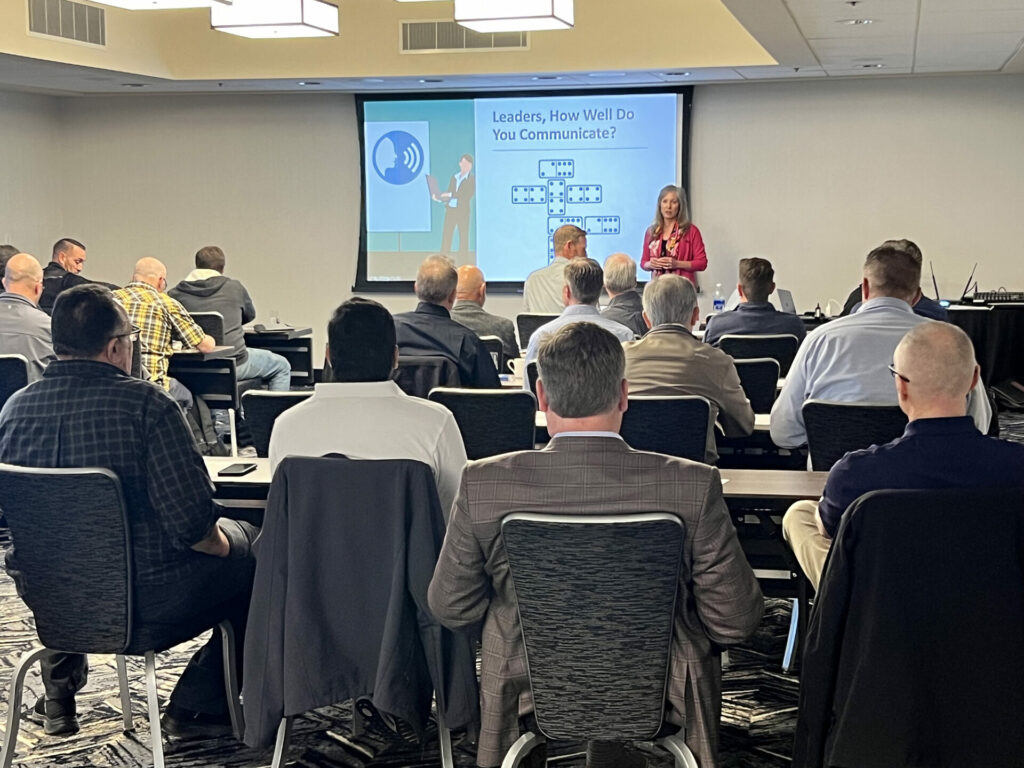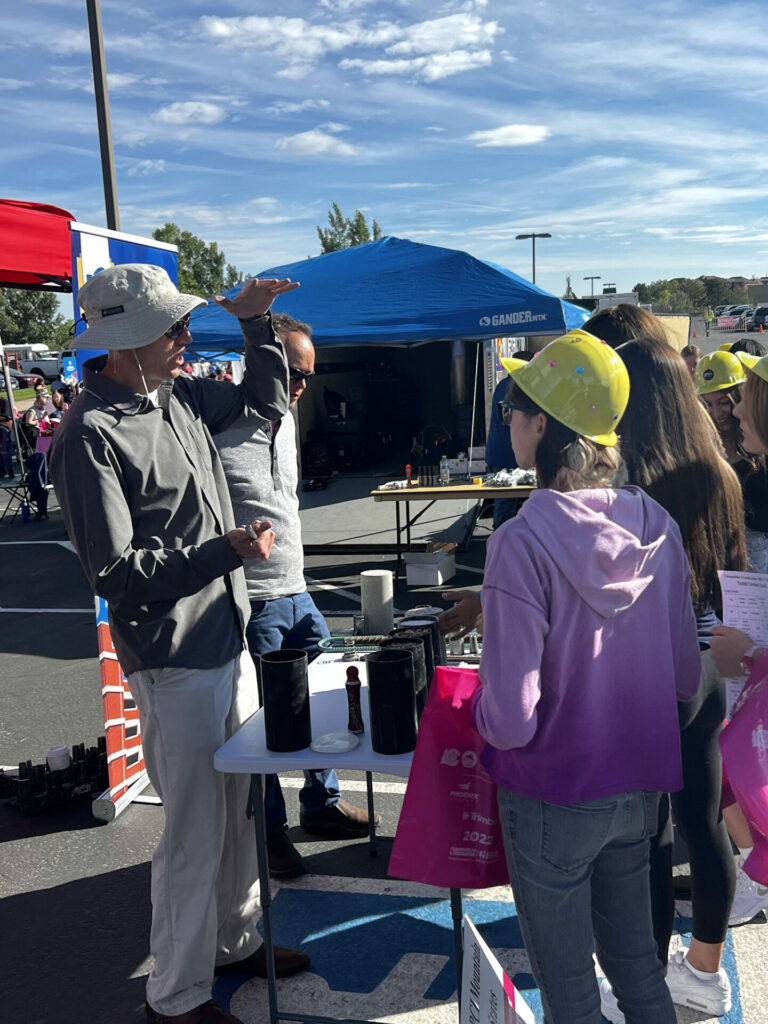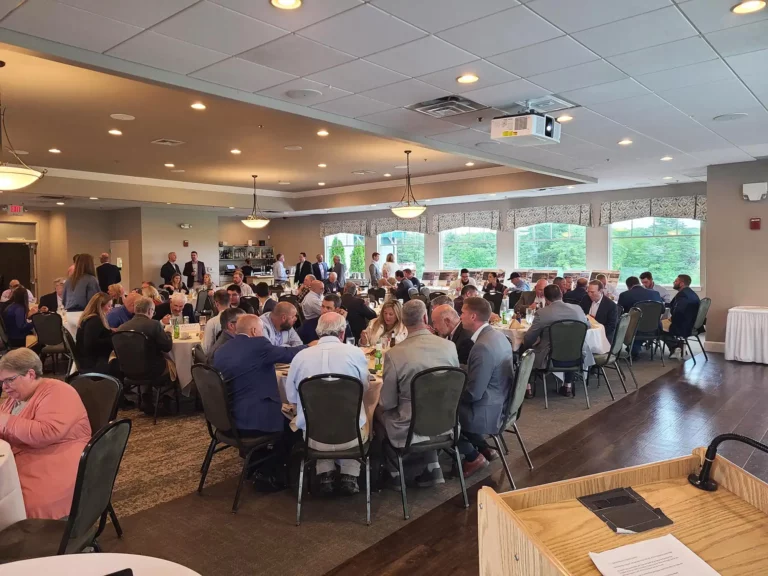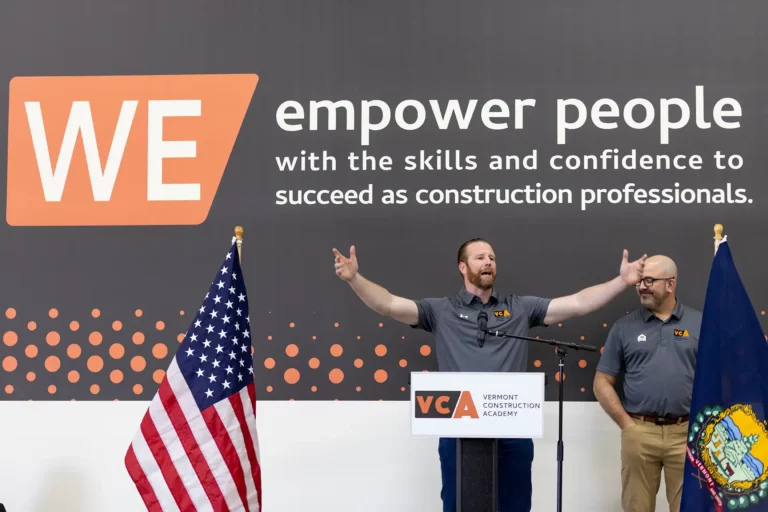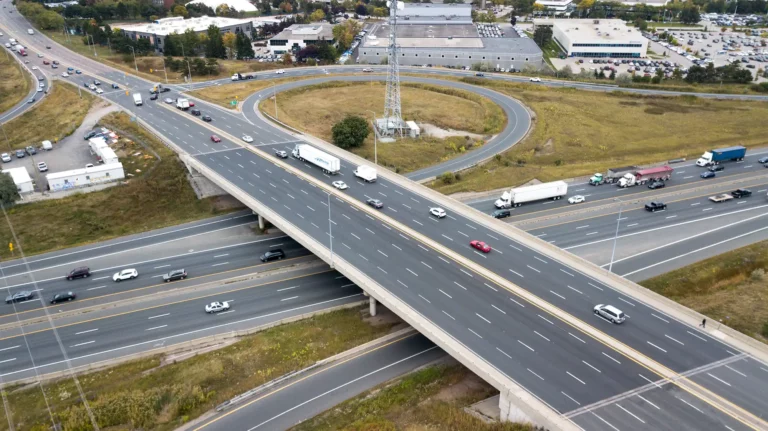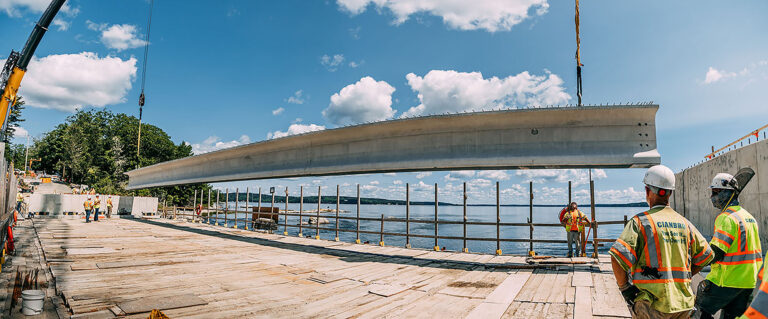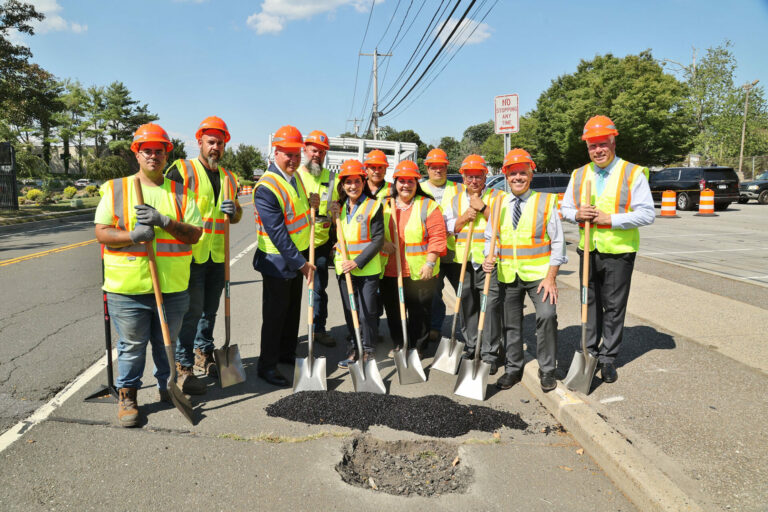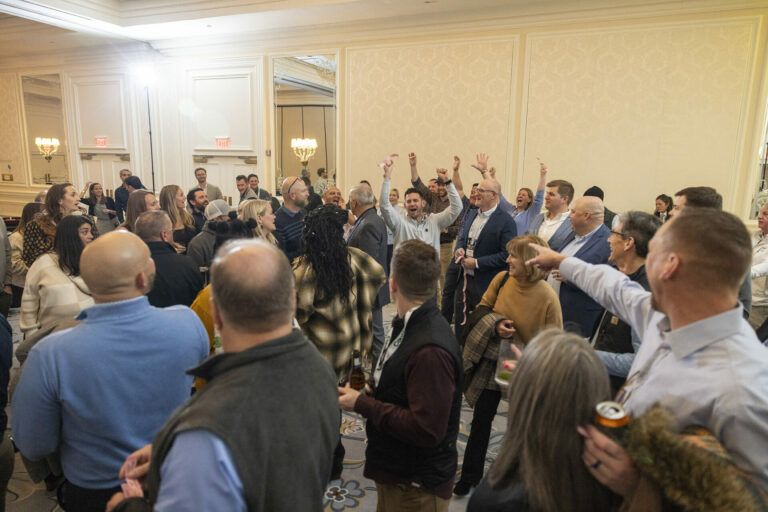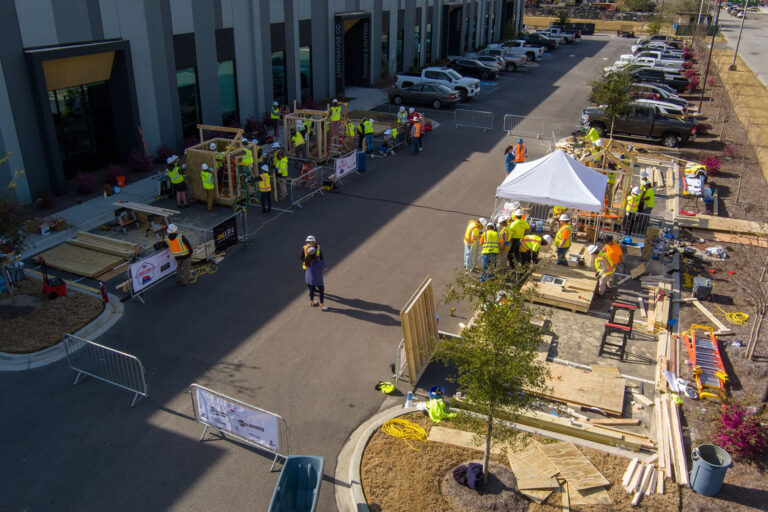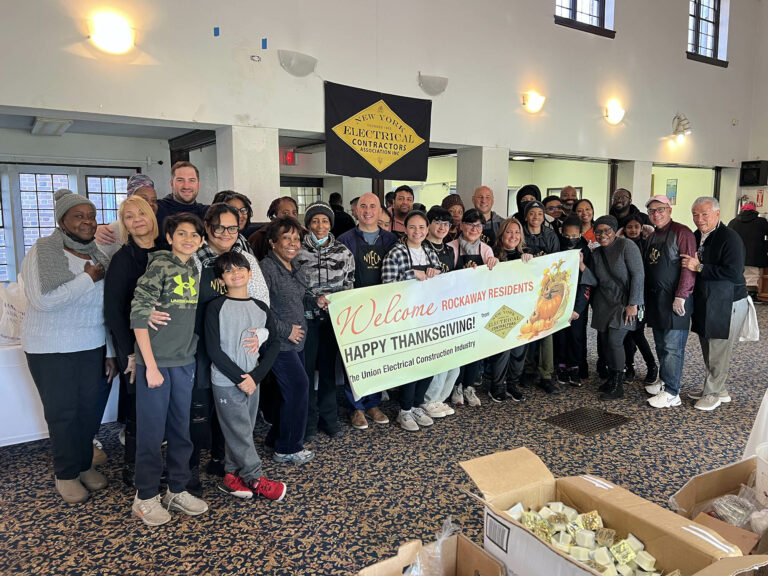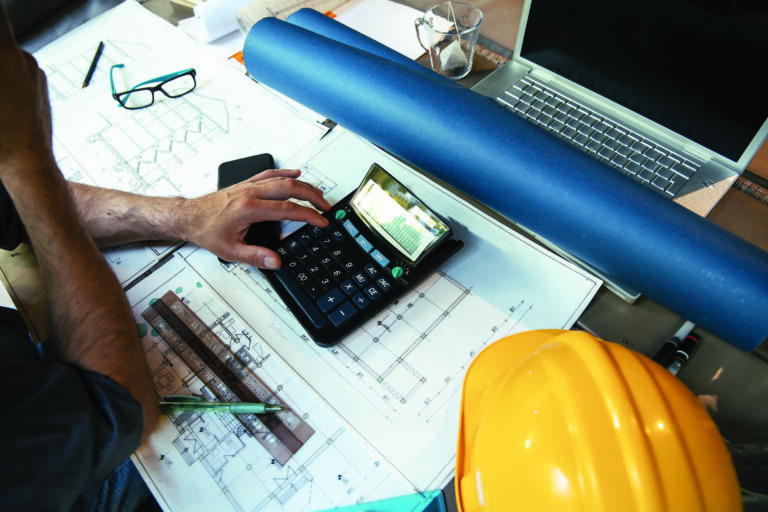In the world of construction, there are probably as many different ways to put up a building as there are buildings themselves. But creating a pioneering, forward-thinking, and above all, sustainable construction industry requires a lot more than just bricks and mortar. Building relationships, connecting a community with a shared purpose, and laying the foundation for future generations of industry professionals to carry the torch of innovation further are all paramount. It’s this kind of inclusive, future-oriented attitude that forms the ethos behind PCI Mountain States, a division of the Precast Concrete Institute headquartered in Denver, Colorado. Since its inception in 2015 (following the pioneering work done in precast concrete by its predecessor company Colorado Prestressors), PCI Mountain States has expanded its mission of taking precast concrete solutions to the mass construction market in leaps and bounds, supporting producers and promoting localized marketing in Colorado, Idaho, Montana, Utah, and Wyoming, as well as online.
The man leading this mission is Executive Director Jim Schneider, who came on board in 2019, having previously served as Manager of Industry Communications at PCI’s national office. As Schneider neatly puts it, “our primary product is education.” He stresses the need to break through the current preconceptions in the construction industry about what this modern material is or can be, and the kinds of buildings in which it has significant practical applications. These are far-ranging, from schools to hospitals, office blocks to bridges, with precast concrete offering substantial advantages in terms of sustainability, energy efficiency, and architectural expression. Until now, however, it seems that a significant number of architects and engineers have had a somewhat outdated view of the material, often seeing it as being only fit for utilitarian structures like parking garages.
Schneider and his team aim to change this mindset and broaden the possibilities for the construction industry. It’s no understatement to say that PCI sees itself in the role of a kind of evangelist for precast concrete as the construction material of the 21st century and beyond. After all, it’s durable, long-lasting, quick to erect, and has maximum flexibility and versatility in terms of structural shapes, colors, textures, and finishes, while also being safe and cost-effective. The problem, as Schneider sees it, is that many people in the industry don’t fully understand its potential – particularly those whose professional education focused on other materials, such as steel, wood, and cast-in-place concrete.
With the above goal in mind, PCI Mountain States has developed a comprehensive, multi-pronged approach to reeducating the construction industry, focusing particularly on a new generation of architects, engineers, and designers. As with many organizations around the world, these education programs were forced to move online during the COVID-19 pandemic, restricting the in-person presentations and seminars that were previously a central focus. But in a pandemic success story that has become more and more common, rather than slowing things down, the move into online content, webinars, and Zoom presentations, has resulted in a new, modern hybrid approach that has become a real asset, widening the reach of this information campaign.
“PCI Mountain States was also a major sponsor of Transportation and Construction GIRL in 2022, an annual fair that encourages and empowers girls to get involved in the trades.”
In general, the focus is less on the “hard sell” of precast concrete as a product, and more on educating the construction industry on its many benefits and use cases. This in itself is a testament to the organization’s faith in the material’s ability to speak for itself. To this end, PCI Mountain States has created a range of new, highly informative content targeted at architects and engineers specifically, emphasizing key topics like sustainability, resilience, aesthetics, and long-term advantages. In a particularly forward-thinking approach, its main target audience is not established professionals (although efforts are made to reach this important demographic as well), but students who are currently working towards becoming the next generation of the construction industry. PCI International funds student outreach programs around the country, including at the CSU engineering studio, the architecture studio at CU Denver, the design studio at Idaho State University, and a new engineering studio at BYU, as well as outreach to a number of trade schools. PCI Mountain States was also a major sponsor of Transportation and Construction GIRL in 2022, an annual fair that encourages and empowers girls to get involved in the trades.
The above programs involve a range of accredited courses, lectures, and plant tours aimed at educating this new generation on the far-reaching benefits of precast concrete, and it’s already showing results. Schneider is enthusiastic about the higher levels of producer engagement and esprit de corps that PCI Mountain States has been seeing in recent years. He sees these outreach efforts leading to less cutthroat competition and more of a collaborative attitude that moves the industry forward through the use of more modern materials. As he puts it, quoting the old aphorism, “a rising tide lifts all boats.”
Schneider attributes this increased sense of community and cooperative spirit largely to the quality of the people he’s been engaged with during his time at PCI Mountain States. In conversation, it’s his love and appreciation for the personal side of his work that really shines through. He describes his industry colleagues as “interesting, forward-thinking, curious people,” who are always sharing new developments in the industry and fostering innovative ways of thinking. He paints a picture of a highly dynamic, positive environment with a strong sense of camaraderie and volunteer spirit, balanced with a healthy dose of laid-back fun and socializing, with regular events that bring the local construction community together. Despite the competition in the industry, Schneider emphasizes that his people have a soft touch, supporting each other first and foremost. As he says, with more than a touch of pride, “We’re mountain people. We take our work seriously, but we enjoy it too.”
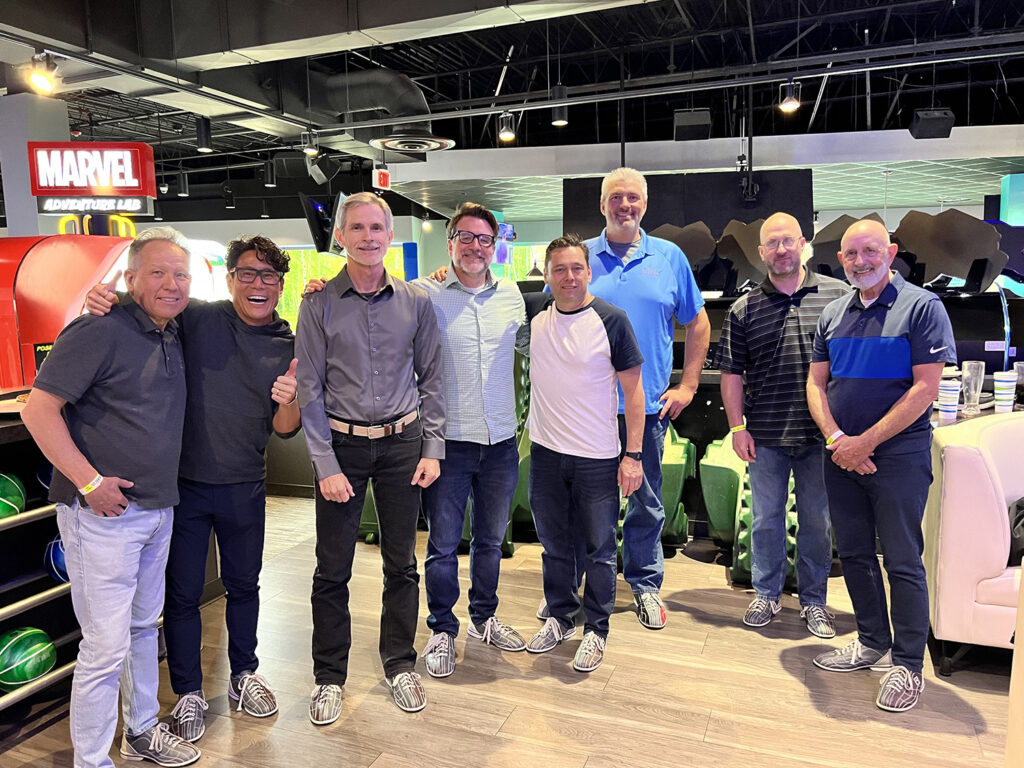
Sustainability is of course a key area of focus for PCI Mountain States. Here, too, the spirit of open dialogue and productive discussion prevails. In recent years, Schneider and his team have been working closely with Life Cycle Assessment (LCA) consultants, gathering baseline Environmental Product Declaration (EPD) data for precast concrete, and meeting with legislative bodies to build a realistic framework for the use of this material in construction. He stresses the vital importance of the industry working together with government and participating in this process, rather than the state stepping in with data from other sources and overly stringent requirements that restrict development. In this context, PCI is committed to positioning precast concrete in an environmentally positive place and telling its sustainable story as a material with a strong life cycle impact profile, low maintenance requirements, and durable efficiency – all a big part of its unique value proposition.
Looking forward to the future, things appear bright for PCI Mountain States and for the development of the precast concrete industry as a whole. Schneider foresees ongoing challenges in increasing market growth by remaining relevant to what designers are looking for, staying ahead of the EPD issue, and getting the message of precast concrete’s diverse potential for different building types out there at a grassroots level. But the PCI team is ready to take on these challenges, and more. As he says, it’s all about that “lightbulb moment” when architects and engineers begin to see the full picture of what this versatile material has to offer. With that in mind, interested professionals can look forward to a new CEU course entitled “Innovations and Operations: Developments in Sustainable Precast” at the meeting of the National Institute of Building Sciences (NIBS) in Washington, DC this September, as well as an ongoing monthly webinar series.
Above all, says Schneider, the door at PCI Mountain States is always open to any industry professionals who want to explore the ways in which precast concrete can make their ideas come to life. “Have conversations early,” he says. “Come in with a rough idea, and we can make a plan.” Challenge accepted.








